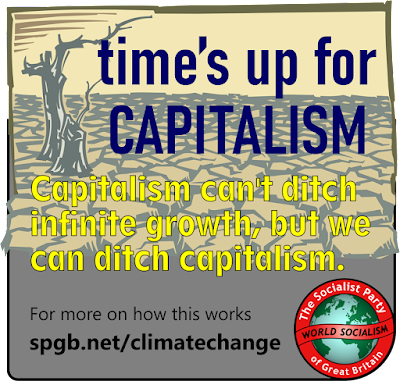The climate crisis made the record drought across the northern hemisphere this summer at least 20 times more likely, scientists have calculated. Without human-caused global heating, the event would have been expected only once every four centuries. Droughts will become even more severe and more frequent unless the burning of fossil fuels is phased out, the researchers warned.
The scientists had already found that the deadly South Asian heatwave was made 30 times more likely by the climate crisis and that the intense rainfall, which caused devastating floods across Pakistan, was made 50% worse by global heating. In August, an analysis laid bare the devastating intensification of extreme weather around the world, supercharged by human-caused climate change of just 1C to date.
The scientists said a summer as hot as that of 2022 would have been “virtually impossible” without global heating and in Europe alone there were 24,000 heat-related fatalities.
The drought hit crop production and power supplies, exacerbating the food and energy crises. The dry conditions caused widespread water shortages and wildfires, with a record number of blazes in Europe, the first national drought alert in China and more than half of the US being declared in drought.
“The 2022 summer has shown how human-induced climate change is increasing the risks of droughts in densely populated and cultivated regions,” said Prof Sonia Seneviratne, at ETH Zurich, Switzerland, and part of the analysis team. “We need to phase out the burning of fossil fuels if we want to prevent more frequent and more intense droughts.”
Dr Friederike Otto, at Imperial College London, UK, and also part of the team, said: “In Europe, drought conditions led to reduced harvests. This was particularly worrying as it followed a climate change-fuelled heatwave in India and Pakistan]that also destroyed crops, and happened at a time when global food prices were already extremely high due to the war in Ukraine.”
Prof Maarten van Aalst, director of the Red Cross Red Crescent climate centre, said: “Climate change is really hitting us hard, not just in poor countries like Pakistan, but also in some of the richest parts of the world, like west central Europe, that had been considered less vulnerable. It’s playing out in front of our eyes even faster than we might have expected. We’re also seeing the impacts compounding and cascading across regions and sectors.” He continued, “This new study clearly points to the fingerprint of climate change and should be another wake-up call to reduce emissions, but also to invest more in resilience.”
Climate crisis made summer drought 20 times more likely, scientists find | Drought | The Guardian


No comments:
Post a Comment